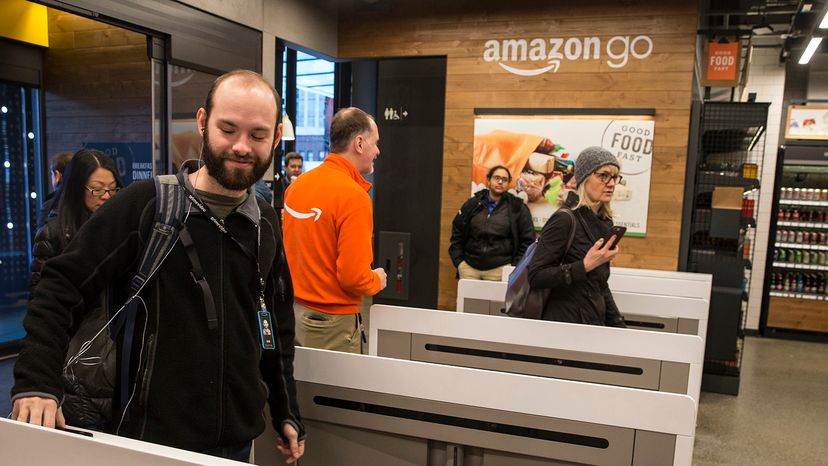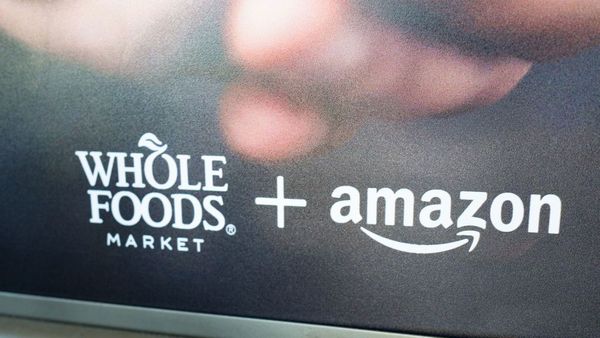
On Dec. 5, 2016, Amazon uploaded a video to YouTube unveiling the company's vision of a new type of grocery store called Amazon Go. Shoppers would hold up a smartphone to a scanner before walking in. Once inside, they could wander around and pick up whichever items they wanted to purchase. Cameras and other sensors would detect each item the shoppers picked up. They'd even note when someone replaced an item on a shelf. To complete the transaction, the shopper would just have to walk out the door. An automated system would then charge their purchases to their Amazon accounts. There'd be no cashiers, no lines and no more scanning. All just grab and go.
After more than a year of tests, which included solving some tricky problems, Amazon officially opened the first of these grocery stores to the public. The company has been quiet about the details behind the tech required to make it all work. But one thing seems certain. There will be a big trade-off for all that convenience: your privacy.
Advertisement
If you've shopped on Amazon's online store, you've likely seen recommendations from Amazon based off your browsing and buying habits. Amazon tracks user behaviors and leverages that data to try to land additional sales. Could the same thing happen at an Amazon Go store?
It's very possible. Amazon filed a patent application related to the technologies used in Amazon Go. In that filing, the applicants give an example of using past customer behavior to aid in edge cases where the system is having trouble identifying exactly what the customer is doing in a store. The patent's scenario:
While this example focuses on reconciling a point of uncertainty, the same sort of tracking could be used to market items directly to customers. Imagine going to an Amazon Go store, picking up a big jar of pickles and, after careful consideration, returning them to the shelf to go on your merry way. Later, you receive some emails from Amazon including coupons for those pickles. Or your Amazon Go app might include a big splash page promoting the joys of pickles. Or maybe you notice when you visit Amazon's website that pickles are showing up in various recommendations.
Even if Amazon chooses not to take advantage of all that customer data, it's still linking your identity with your purchases. In the good old days of shopping, you'd walk into a store, pick up the stuff you wanted, pay someone and leave. Chances are, the cashier would have no memory of you or your purchases, since you're one of hundreds of people to visit that store. If you had signed up for and used the store's customer loyalty program, the brand might remember you that way. But with Amazon's approach, every single thing you buy is linked directly to you. It must be for the system to work and charge the right person for their purchases.
If you're an older shopper, that might not sound too keen. But market research has shown that millennials and younger generations just aren't that worried about privacy. Perhaps Amazon is counting on that. But if the idea of a giant corporation learning all about your weird food cravings creeps you out, you might want to skip a visit to Amazon Go.
Advertisement
